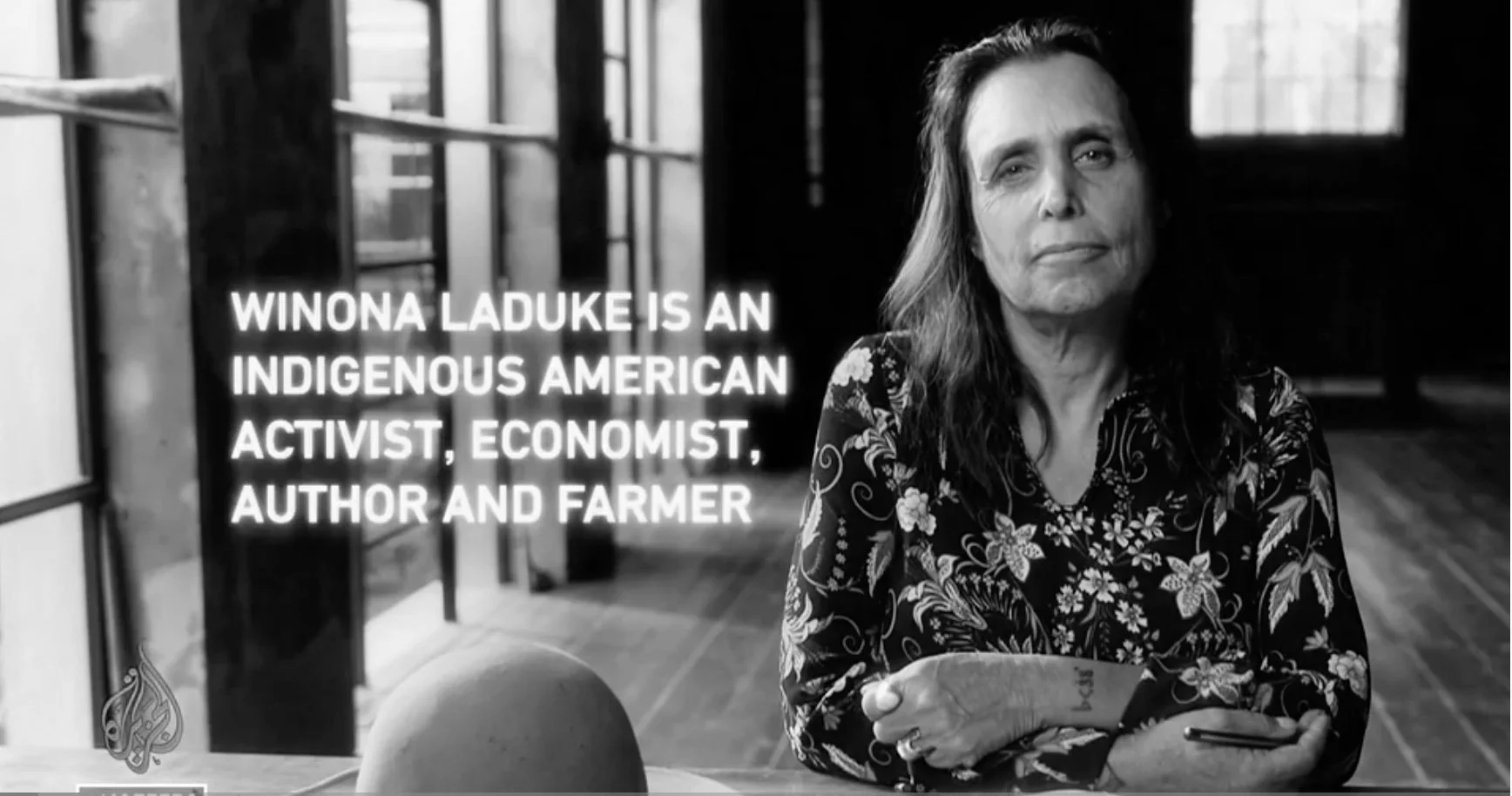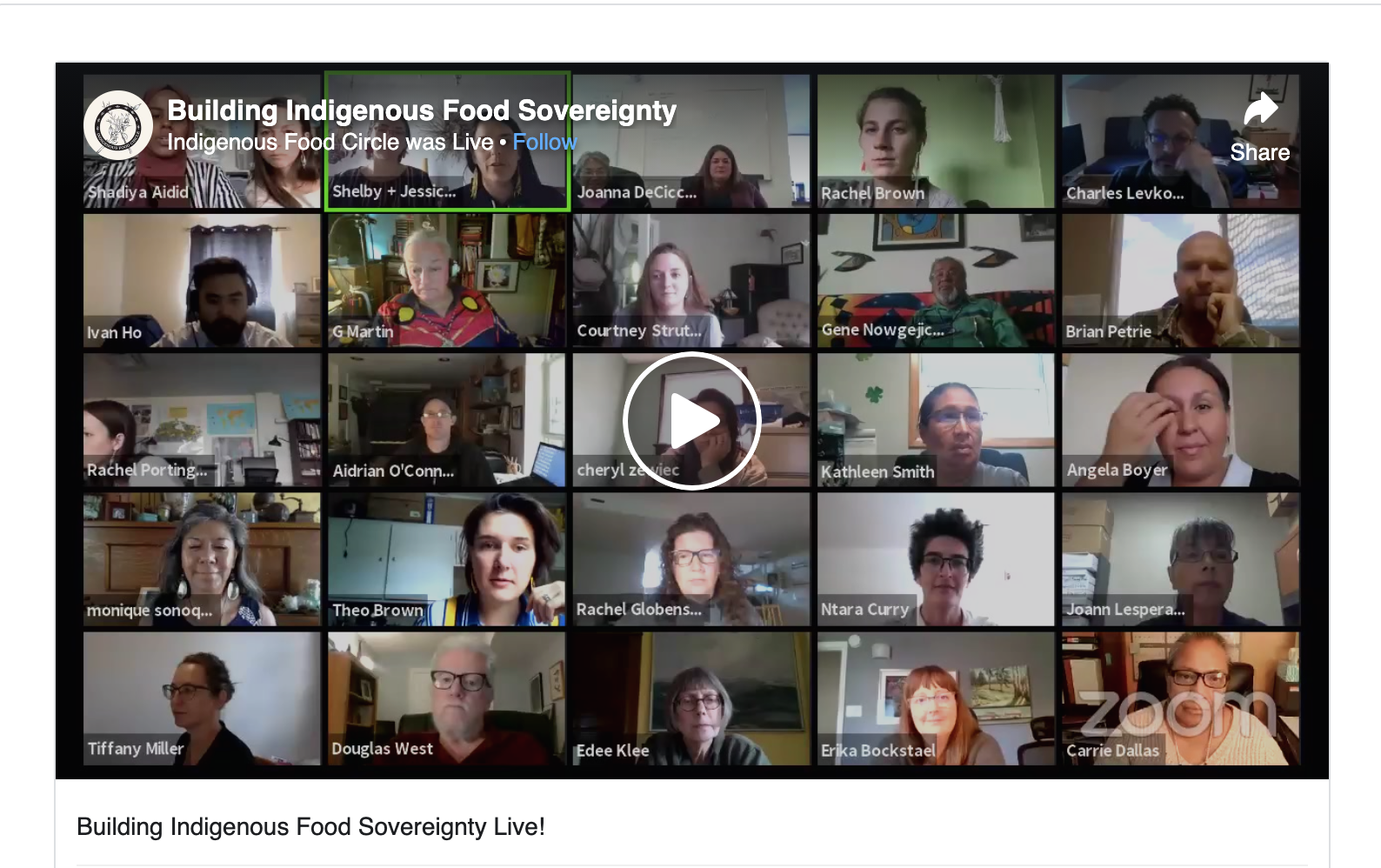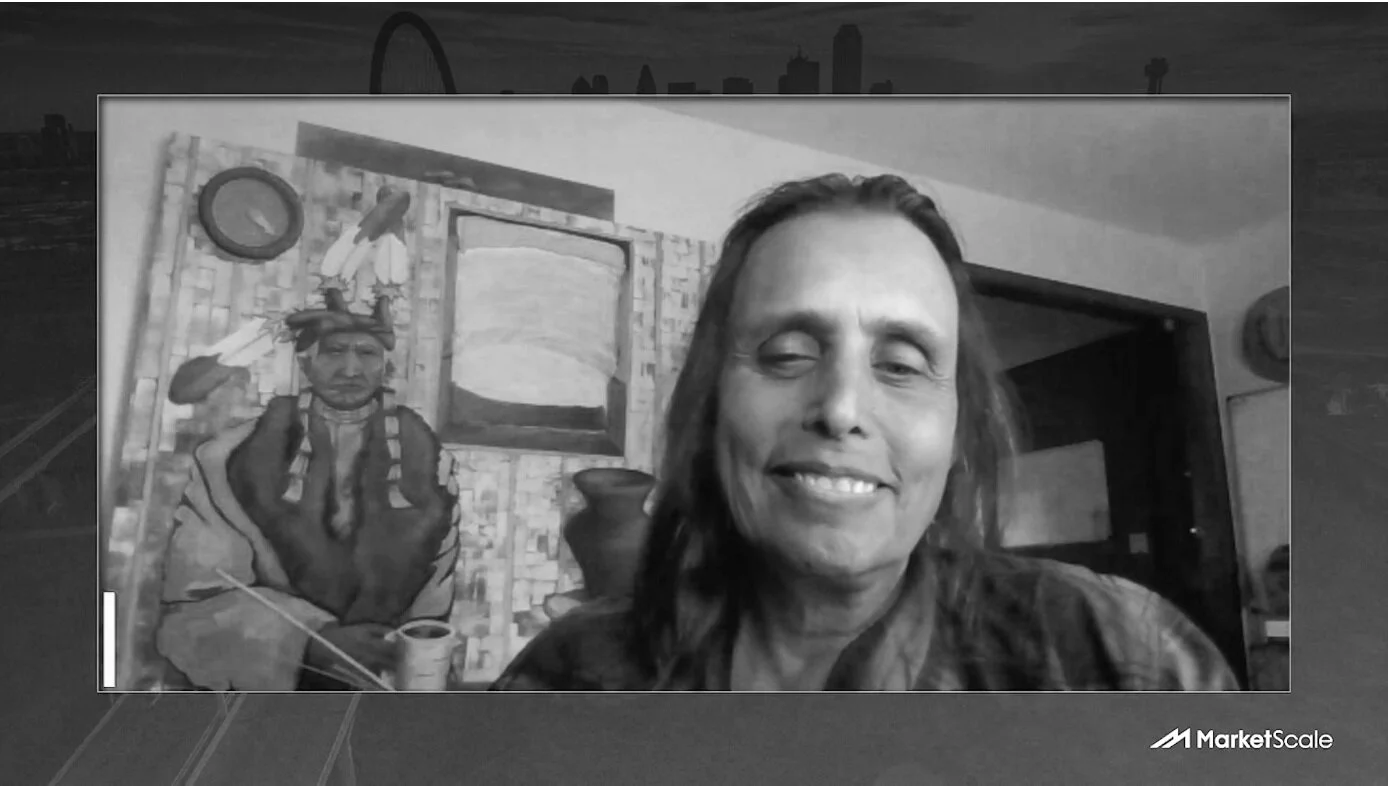In the meantime however, Enbridge continues to bring in more pipes and all of the
equipment required to cross wetlands and waterways around Itasca Park, and
elsewhere, and is bringing in more workers to continue "pre construction" activities.
The company has no permits to cross wetlands or waterways in Minnesota, those
would need to be issued by the Minnesota Pollution Control Agency, and Army
Corps of Engineers and, if approved would not be until the Fall.
There are some real questions as to why Enbridge should be able
to fill our state with pipes and equipment without permits.
Enbridge lost $1.4 billion in the first quarter of 2020, the largest losses in the
company’s history. Laying off 530 workers in Canada and US, including 50 in the
Twin Ports, the company also reduced the oil running through the pipes. That’s to say
that Enbridge, which moves 3 million barrels a day of oil across Ojibwe land in
northern Minnesota is cutting pipeline capacity. Al Monaco, CEO expects to cut oil
transport by 600,000 barrels a day by this summer. That’s almost the full amount that
Enbridge hopes to put through Line 3 initially. In short Enbridge expects to cut oil
throughput by more than they are hoping to put through Line 3. That’s part of the
challenge filed by the citizens groups, tribes and Department of Commerce in late
May.
In Wisconsin, Enbridge is also facing new challenges on their proposed expansion of
Line 5 through the north. Line 5 is an old line, and in 2019, the Bad River reservation
filed suit in federal court asking that l3 miles of this pipeline be removed from Bad
River land. On July 23, the Bad River Anishinaabe filed suit against Canadian based
Enbridge Company, seeking to force removal of the Line 5 pipeline. The pipeline
crosses the Bad River Reservation and has for 66 years running through the watershed
of the Bad River and Lake Superior. Most of the easements expired in 2013, the tribe
says Enbridge is trespassing, and wants the pipes out.
The complaint, filed in Federal Court explains, "Fifteen of the easements expired on
June 2, 2013, as their renewal was expressly "limited as to tenure for a period not to
exceed 20 (Twenty) years ... ending on June 2, 2013[.]" In those same easements,
Enbridge expressly promised that the company would "remove all materials,
equipment and associated installations within six months of termination, and …
restore the land to its prior condition." Rather than doing so, or seeking the Band’s
consent to a renewal of the easements prior to their expiration, Enbridge has
continued to operate the pipeline as if it has an indefinite entitlement to do so. This
constitutes an unlawful possession of the subject lands, and an intentional, ongoing
trespass upon them."
No amount of compensation is worth risking Wenji-Bimaadiziyaang - an Ojibwe word that
literally means "From where we get life". It's time to end the imminent threat the company is
presenting to our people, our rivers, and Gichi-Gami (Lake Superior)", Chairman Mike Wiggins
said.
In response, Enbridge filed a countersuit against Bad River arguing that the company
had rights to continue moving oil through the reservation despite promising to
respect the tribes’ decision. Now, Enbridge is seeking to condemn land of private
landowners in Wisconsin for a new route, around the reservation.
According to a May 26 press release by the Wisconsin Democracy Campaign
“Enbridge Energy has asked the state Public Service Commission (PSC) to give it
eminent domain authority to take private land in Iron and Ashland counties,… The
company wants to remove a 12-mile portion of its Line 5 pipeline from the Bad River
Reservation and bypass the reservation with 41 miles of new pipeline after a lawsuit
filed by the tribe.
Enbridge says the line transports an average 540,000 barrels a day between Superior
and southwestern Ontario ( Sarnia) that is eventually used to supply propane to
dealers in Wisconsin and Michigan.
Midwest Environmental Advocates, a Madison environmental law firm, filed a
petition on Thursday on behalf of five organizations with the PSC seeking a contested
hearing on the matter. A group of more than 30 landowners and a property rights
group filed similar requests, claiming the U.S. Constitution prohibits taking private
land except for public use.
In 2015 the GOP-controlled legislature and Walker approved giving Enbridge and
other out-of-state oil pipeline businesses the authority to condemn real estate and
personal property for state-approved projects.”
Asked what advice he would give Enbridge, White Earth Tribal Chairman Michael
Fairbanks suggested in an interview that the company should "Move to renewables"
and clean up the old pipes. White Earth and Red Lake continue to represent the
Ojibwe in the legal and administrative opposition to Line 3. Attorneys Joe Plumer and
Frank Bibeau have been representing the tribes and Native organizations since 2013,
in what has become a seven year battle for the water and wild rice.
In other pipeline news, the Dakota Access Pipeline Environmental Impact Statement
was thrown out by federal courts earlier this Spring, with the Standing Rock Tribe and
a number of organizations filing suit to close down the pipeline pending completion
of an adequate environmental impact statement. On May 20, Standing Rock asked the
court to shut down the pipeline, and 36 members of Congress joined the lawsuit,
filing a brief in federal court, to support the tribe.
As the summer comes to the north country, we will see how it goes. In the meantime
the battle between the Black Snake and the people who protect the water and wild
rice continues.





















